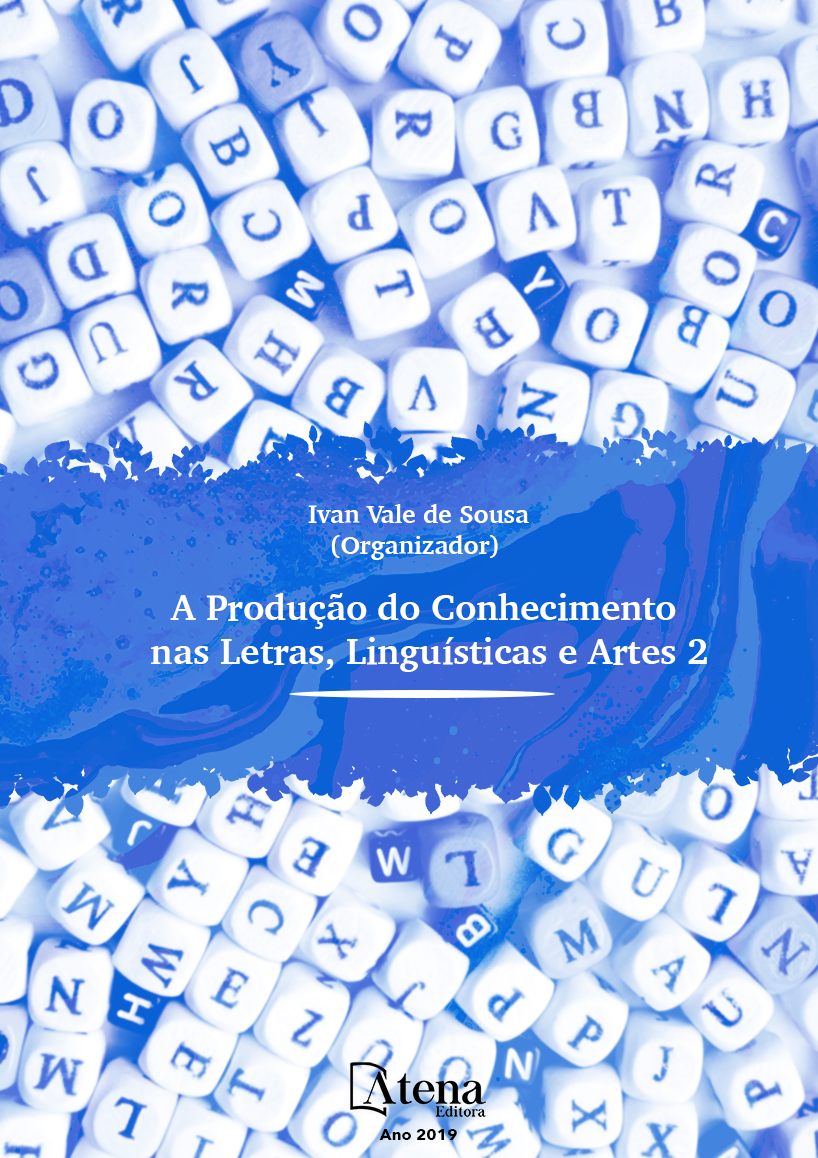
LITERATURA E REALIDADE EM ESCRITOS DE ANTONIO CANDIDO E PIER PAOLO PASOLINI.
Literatura e Sociedade, de Antonio
Candido, traz ensaios nos quais o autor toma
o cuidado de fugir do método tradicional
de análise, limitado a localizar referências
históricas na literatura em termos de assunto
ou conteúdo, para realmente enxergar a
realidade como constituinte estrutural da obra
literária. Publicado em 1965, contém estudos
sobre teoria e história literária e representa um
aprofundamento em aspectos da produção do
crítico que não estavam em foco anteriormente.
Empirismo hereje, de Pier Paolo Pasolini, foi
publicado em 1972 e reúne ensaios polêmicos,
nos quais o autor defende que a intervenção
na sociedade não se poderia restringir ao nível
do testemunho literário; o autor transita por
literatura, linguística e cinema, demonstrando
consciência das grandes mutações do seu
tempo e buscando compreender seus processos
e contradições. O nosso objetivo é pensar
como os autores lidam com a aproximação
teórico/crítica entre literatura e realidade e
como a concebem com base no momento do
sistema literário de que participam. Elegemos
os artigos “Crítica e sociologia”, “A literatura
e a vida social” e “O escritor e o público” – de
Literatura e sociedade – e “Novas questões
linguísticas”, “Que será natural?” e “Intervenção
sobre o Discurso Indirecto Livre”, de Empirismo
hereje, contrapondo trechos que se aproximam,
comparando e assinalando semelhanças e
divergências no tratamento da matéria. Ambos
empenharam-se em pensar politicamente o seu
meio e estiveram sempre vinculados ao seu
tempo com grande sentimento de missão, o
que nos ajuda a pensar a atualidade da relação
entre a realidade e a linguagem literária.
LITERATURA E REALIDADE EM ESCRITOS DE ANTONIO CANDIDO E PIER PAOLO PASOLINI.
-
DOI: 10.22533/at.ed.80719240414
-
Palavras-chave: Literatura. Sociedade. Candido. Pasolini. Crítica literária.
-
Keywords: Literature. Society. Candido. Pasolini. Literary Critics.
-
Abstract:
Literatura e Sociedade, from
Antonio Candido, presents essays in which the
author reflects upon how the two areas that
name the book interact with one another, being
careful not to use the traditional method, which
is limited to locating the historic references
relating to the terms or subjects researched,
aiming to truly grasp reality as a constituent part
of the structure of the literary work. Published
in 1965, the book contains studies on literary
theory and history and represents a period
of further development in the aspects of the
literary production which, up to the moment,
were not perceived as a focal point. Empirismo
hereje, from Pier Paolo Pasolini, was published
for the first time in 1972 and compiles polemic essays, in which the author displays his
vision that the need intervention in society could not be restricted to the level of literary
witness. For this reason, the author approaches areas such as literature, linguistics
and cinema, showing great consciousness in regard to the great mutations of his time
as he aims to understand its processes and contradictions. The objective of this paper
is to contemplate how the authors deal with the convergence theory/critics between
literature and reality and how such relation is perceived in their writings considering the
literary system’s in which they are located. To that end, the works “Crítica e sociologia”,
“A literatura e a vida social” and “O escritor e o público” – part of Literatura e sociedade
– and “Novas questões linguísticas”, “Que será natural?” e “Intervenção sobre o
Discurso Indirecto Livre”, from Empirismo hereje, by contrasting passages that draw
near one another, comparing and pointing out the similarities and divergences in their
approach to the subject. Both have been committed critics in thinking politically in their
context and been guided by a strong sense of purpose, hence their thoughts and inputs
helps us to reflect upon our context and the relationship between reality and literary
language.
-
Número de páginas: 15
- Ana Clara Vieira da Fonseca


